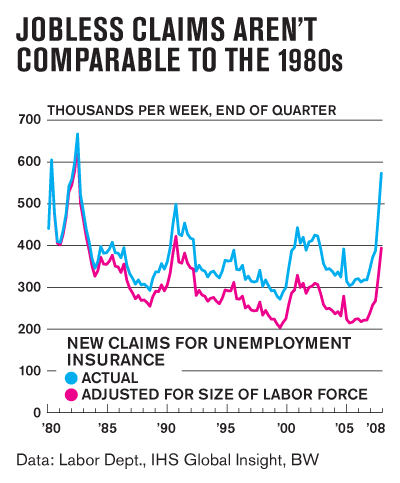“Depression is the aftermath of credit expansion.” – Ludwig von Mises
I’d love to find someone that can venture through a single day without reading, hearing or talking about the current state of the economy, the stimulus plan, the bailouts or ponzi schemes. It’s sickening but what’s worse is the fact how NO ONE talks about fixing the problem correctly. Does anyone learn from the past?
I didn’t read the stimulus package in its entirety (it appears that our representatives didn’t either) so take what I say with a grain of salt.
We can blame Bush, blame Clinton, blame Obama, blame Regan, blame Nixon, etc. – it’s all the same; they work for the same crooks, I mean corporation, the US Government!
Time magazine recently published a list of the top 25 people most responsible for this crisis but I would argue that their thinking is flawed and dated by at least 100 years. As Victor Sperandeo noted in his book, Trader Vic – Methods of a Wall Street Master, Thomas Jefferson understood better than any political leader in world history that government “profusion” can only be paid by the “labors of the people.” He knew that a growing government budget and an extension of the services government offers “under the pretense of caring for [the people]” can only come at the expense of private property and individual liberty.
“I place economy among the first and most important virtues, and public debt as the greatest of dangers … We must make our choice between economy and liberty, or profusion and servitude. If we can prevent the government from wasting the labors of the people under the pretense of caring for them, they will be happy.” – Thomas Jefferson
“The issue is always the same: the government or the market. There is no third solution.” – Ludwig von Mises
This blog entry is not about playing the blame game, pointing fingers or determining who is responsible but rather a move towards first discussing and then implementing responsibility and accountability based on how economics 101 truly works (without government interference). I am certainly not ruling out oversight and regulation but I am asking the government to just butt out of the free-market system we call capitalism. They will not make things better. For example, Ludwig von Mises once said:
“Government spending cannot create additional jobs. If the government provides the funds required by taxing the citizens or by borrowing from the public, it abolishes on the one hand as many jobs as it creates on the other.”
He made this statement more than half a century ago but the current administration is doing exactly that, spending an unprecedented amount of money (trillions when they look in the mirror and state the truth) on a stimulus plan that will most likely fail to achieve what its authors claim. I am not arguing that is won’t create jobs but how many jobs will be lost due to the new package. What will the net gain or loss total be once we look back in five or ten years?

The talking heads of the media offer no help as they skew the unemployment numbers every chance they get so they can “GET” their headlines. Even the president is talking about the economy and unemployment numbers reaching levels not seen since the Great Depression. Really? What stats are they looking at? This is a sensitive topic as several of my family’s closest friends have lost jobs in recent months but the truth is the truth.
Business Week noted:
In the last year, the U.S. economy shed 3.4 million jobs. That’s a grim statistic for sure, but represents just 2.2% of the labor force. From November 1981 to October 1982, 2.4 million jobs were lost — fewer in number than today, but the labor force was smaller. So 1981-82 job losses totaled 2.2% of the labor force, the same as now.
Job losses in the Great Depression were of an entirely different magnitude. In 1930, the economy shed 4.8% of the labor force. In 1931, 6.5%. And then in 1932, another 7.1%. Jobs were being lost at double or triple the rate of 2008-09 or 1981-82. This was reflected in unemployment rates.
The latest survey pegs U.S. unemployment at 7.6%. That’s more than three percentage points below the 1982 peak (10.8%) and not even a third of the peak in 1932 (25.2%). You simply can’t equate 7.6% unemployment with the Great Depression.




Connect with Me